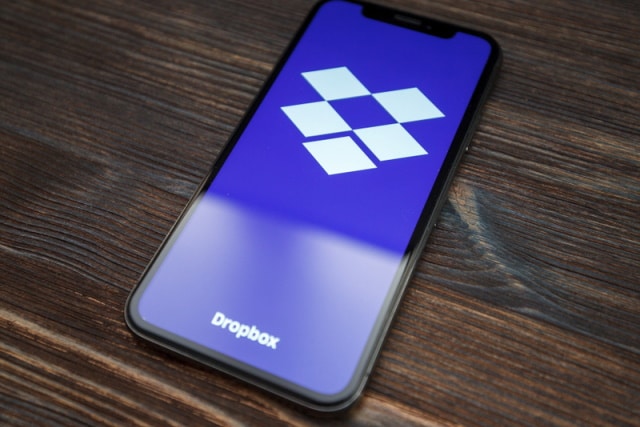
Dropbox Transfer exits beta and lets you share files of up to 100GB
If you need to send large -- and we mean LARGE -- files to someone, your options are a little limited. However, thanks to Dropbox Transfer, you now have a new possibility to explore.
Previously available in beta, Dropbox Transfer is now available to everyone. It's a cloud-based tool that lets you share files of up to 100GB in size with others, and even if you have used the beta version, there are now new features to explore.

Release candidate of Chromium-based Microsoft Edge available to download now -- full launch coming January 15
Over the weekend we wrote about Microsoft revealing a new logo for the Chromium-based version of Edge; now there is bigger news.
Today, after various beta builds, the company is launching the release candidate of the new Microsoft Edge for both Windows and macOS. It has also revealed that the date for general availability is January 15.
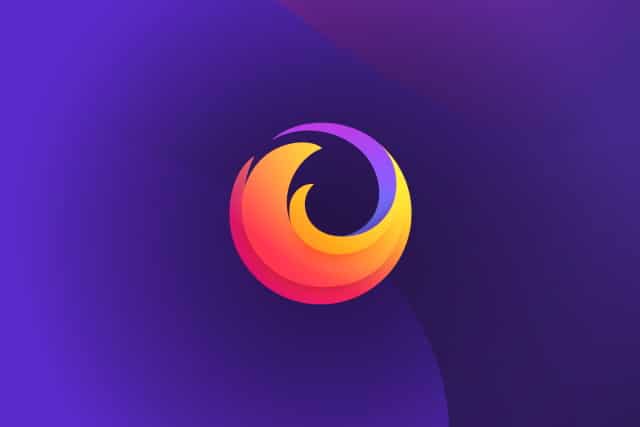
Mozilla is dropping support for sideloaded extensions in Firefox
Mozilla is clamping down on browser add-ons in Firefox, and has announced that it is discontinuing sideloaded extensions in the browser.
The reason given for dropping support is that Mozilla believes that sideloaded extensions cause problems for users, and also that they do not offer users enough control. The company has set out details of the timetable for introducing the new policy.

Hackers breach security at Web.com, Network Solutions and Register.com, accessing private customer info
Domain name registrar Web.com has revealed that it fell victim to a data breach earlier in the year. Two of the company's subsidiaries, Network Solutions and Register.com were also attacked by the hackers at the same time.
The incidents took place back in late August, but were only discovered a couple of weeks ago. The attackers were able to access personal details of customers, but Web.com does not say how many people are affected -- although it is likely to run into the millions.

Happy birthday, Internet! 50 years old today
50 years ago, on October 29 1969, a packet was sent between two computers -- one at UCLA and the other at Stanford Research Institute -- on the ARPANET. This doesn’t sound hugely exciting, but it was first step in the creation of the Internet.
In the half century since then, the world has transformed beyond recognition. The arrival of the World Wide Web in 1991 showed what the Internet could be and ultimately changed everything, bringing us online shopping, up to the minute news, social networking, and more.

Google is expanding its handy .new TLD shortcuts to third-party sites
It's not something that everyone knows about, but Google owns the top-level domain .new, and the company has gone beyond using them as simple web addresses. Instead, addresses such as cal.new, doc.new and keep.new can be used as shortcuts to create new calendar events, Google Docs files, and Keep Notes.
Until now, .new shortcuts have only worked with Google's own products and services, but this is about to change. There are already shortcuts that can be used in conjunction with the likes of Spotify, Canva, Word and GitHub, and Google has announced that other sites will be able to register domains -- and therefore shortcuts -- very soon.
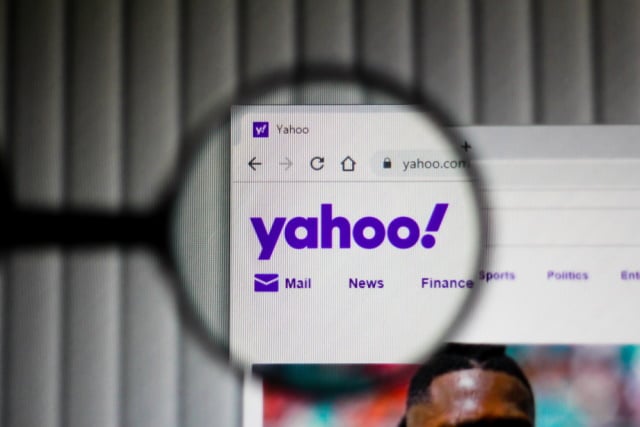
How to download your Yahoo Groups data
Just a few days ago, Yahoo suddenly announced that Yahoo groups is to close down. More than this, all data that has been uploaded by users is to be deleted.
In just a week's time, it will no longer be possible to upload new content, and then in mid-December Yahoo will start to delete files, messages and more. If you want to preserve what you have uploaded, here's what you need to do.

Yahoo Groups is closing down and all content will be deleted
A piece of internet history is being consigned to the rubbish heap. Yahoo has announced that the once-popular Yahoo Groups service is being closed down later this month.
More than this, the huge amount of information and exchanges that have been uploaded will not be archived. Before the end of the year, all Yahoo Groups content will be permanently wiped out -- so if there's anything you want to keep, you'll have to act swiftly.
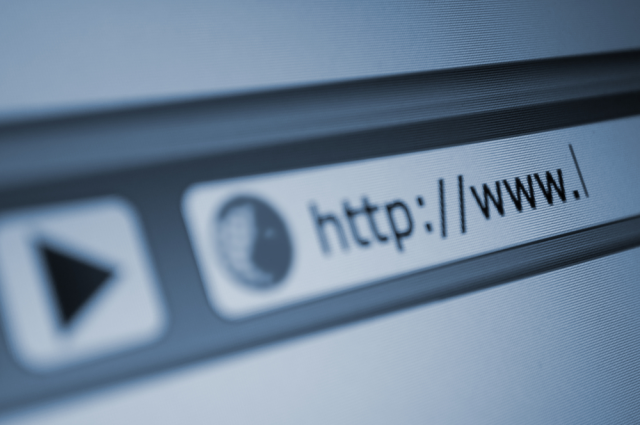
If it's Wednesday you're probably on the internet
New research from the UK's Office for National Statistics (ONS) reveals that average daily internet traffic is highest on Wednesdays, while evening traffic peaks on a Tuesday.
The ONS used data from the London Internet Exchange (LINX) network statistics portal to analyze usage trends across the country.
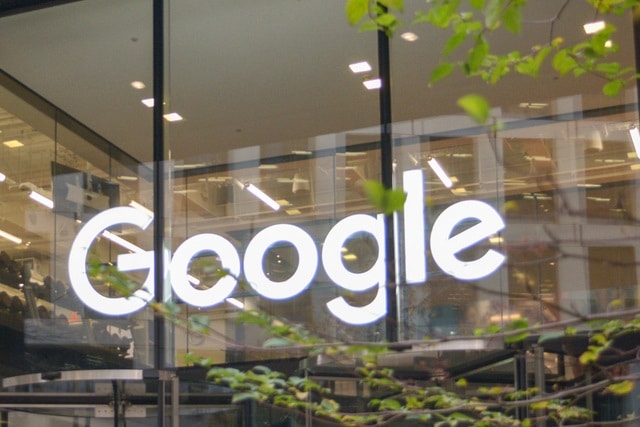
Court rules Google need only apply the 'right to be forgotten' in Europe, not worldwide
Google has won a case in the European Court of Justice meaning the company does not need to apply the controversial "right to be forgotten" on a global basis.
In a case between Google and Commission Nationale de l'Informatique et des Libertés (CNIL ) -- a French privacy regulator -- the court ruled that Google need only remove links from search results within Europe.
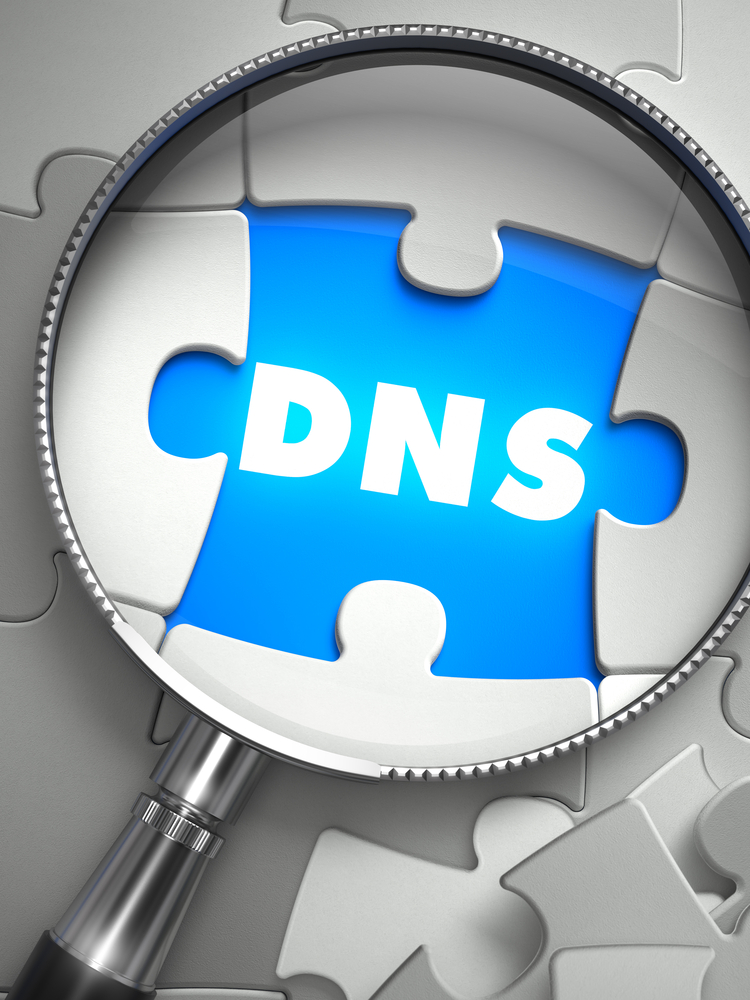
DNS amplification attacks increase 1,000 percent
The second quarter of 2019 saw DNS amplification DDoS attacks up more than 1,000 percent over the same period last year according to the latest threat report from Nexusguard.
Nexusguard researchers attribute Domain Name System Security Extensions (DNSSEC) with fueling the new wave of DNS amplification attacks, which accounted for more than 65 percent of the attacks last quarter according to the team's evaluation of thousands of worldwide DDoS attacks.
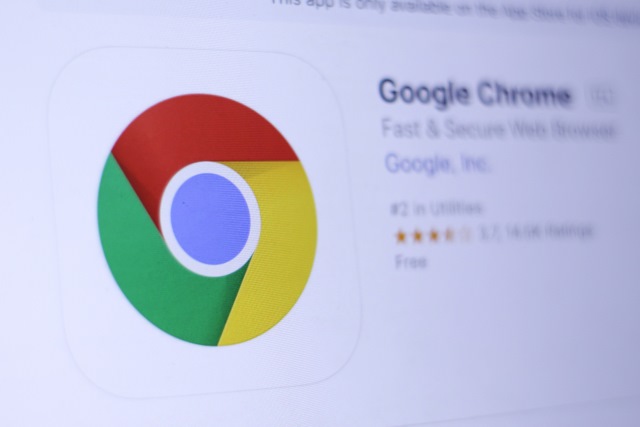
Chrome 77 makes it easy to send tabs from one device to another
With the release of Chrome 77 -- which is rolling out right now to desktop and mobile platforms -- Google just made it a whole lot easier to send tabs between devices.
If you're reading a website on your laptop and want to finish off a story on your journey to work, there's no need to email a link to yourself anymore. Now you can easily bounce an open tab from your computer to your phone, from your phone to your computer, or between two computers -- all it takes is a few clicks.

What the 'Summer of Outages' showed us, and what we can do about it
Summer 2019 was a rough one for the internet, with systemic outages occurring frequently and in quick succession.
Some of these outages were caused by internal errors, others external, but two overriding causes emerged: greater network complexity and the frequency and pace of code change. In aggregate, these outages serve as a painful reminder of just how fragile the internet is, especially as networks and services grow increasingly interconnected and co-reliant.
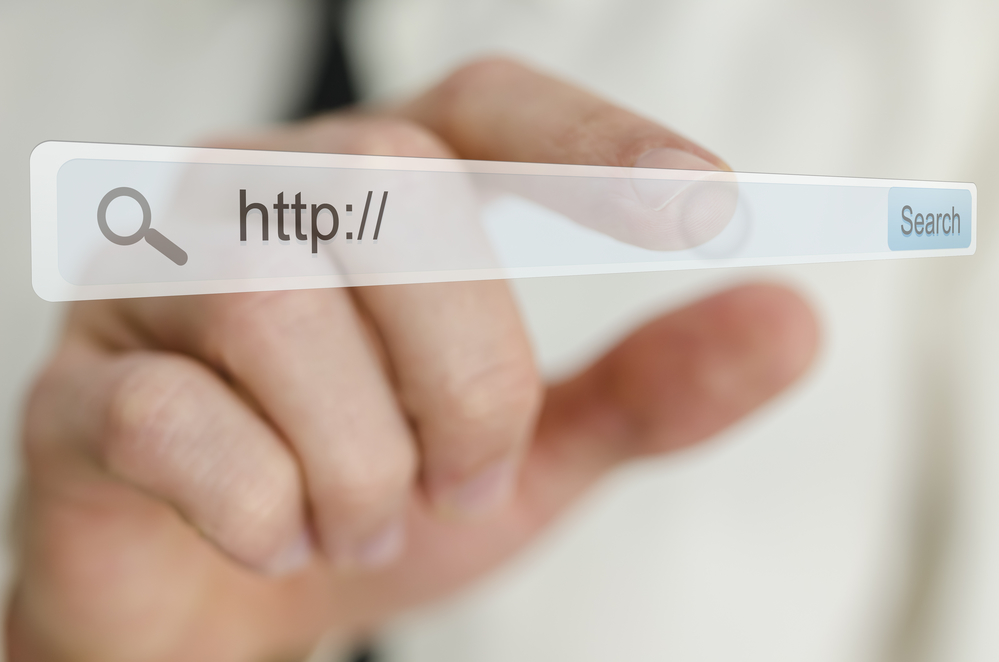
98 percent of top US websites not prepared against attacks
Most websites within the Alexa 1000 ranking in the US are not prepared to face advanced client-side attacks like Magecart according to analysis carried out by Tala Security.
Findings from the Tala 2019 State of the Web Report show the average website relies on 31 third-parties. Nearly two-thirds (63 percent) of the externally loaded JavaScript code executed in the browser is either written by and/or managed by third-parties.
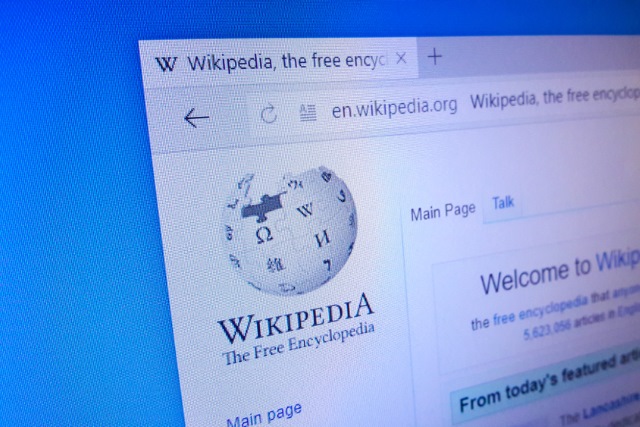
Wikipedia taken offline by massive DDoS attack
A DDoS attack rocked Wikipedia on Friday, taking the site offline in a number of countries.
The online encyclopedia was forced offline for several hours across Europe and the Middle East, and the site battled the attack to restore service. The Wikimedia Foundation -- the organization behind the site -- condemned the attack saying it wanted to protect the "fundamental right" for people to be able to "freely access and share information".